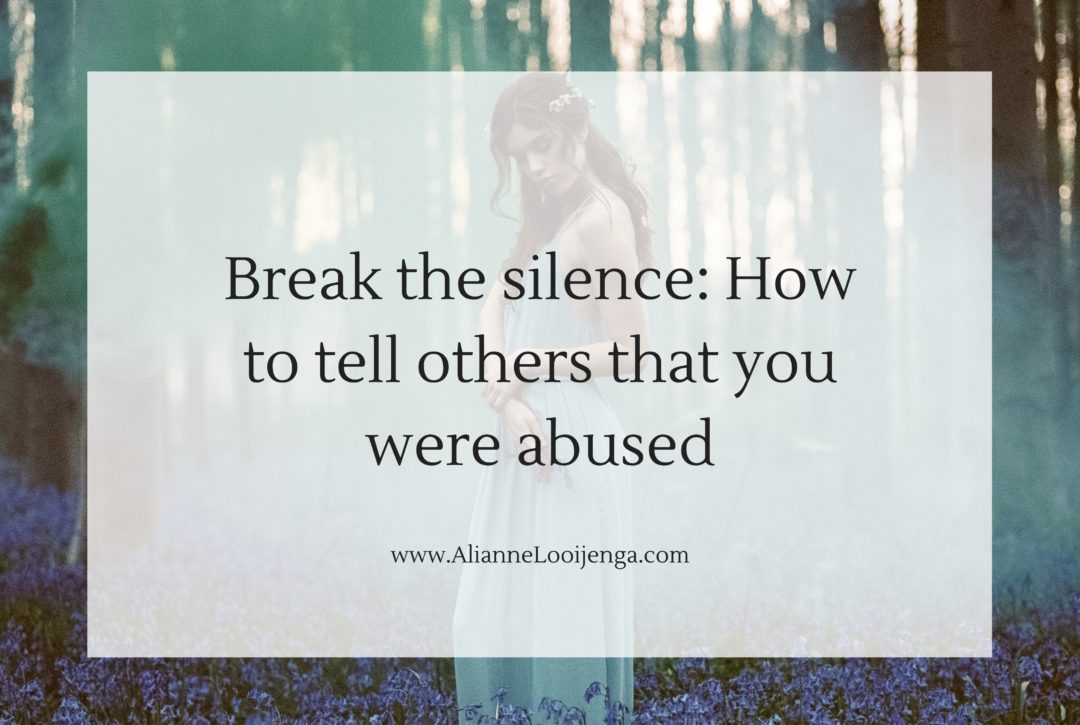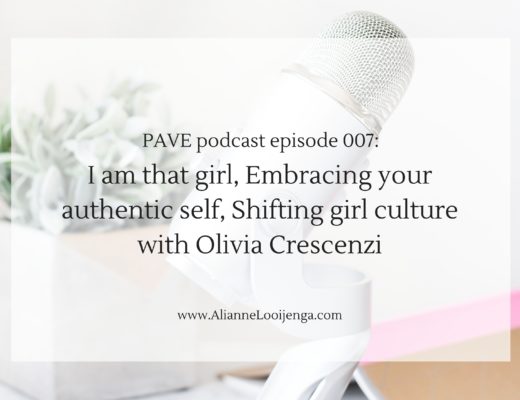How do you tell your family and (new) friends that you’re a survivor of domestic violence and/or sexual abuse?
Some will say that you just have to “just say it” and others will say you have to plan carefully.
The problem with the first suggestion is being too impulsive, and the problem with the latter is that by planning too much, overthinking too much, you likely will procrastinate and/or create unnecessary worries and anxieties.
I have heard a lot of people say they just want a successful outcome.
But what is a successful outcome? Is there even a successful outcome?
Second: you can never control the “outcome” or the reactions of the person to whom you are telling your story. Nor should you want to, because it is in the reaction of the other person that you can see the value of your relationship with them. It is not your job to be busy thinking about what the other thinks and does. It should be your goal to think about how revealing your secret will benefit you. Telling someone you are a survivor is something you do for yourself.
Although I never hid my story of sexual abuse from my mother, I didn’t tell my story to the rest of my family until I was 26. At first, I was silent to protect my beloved grandfather; after that it was to protect my aunt who was married to the abuser; and as a child, it because I was afraid of the stories of child protective services. And because my uncle threatened, “What would happen to your poor mom” if he wasn’t there to help my mom out with things around the house.
With the help of my friend, I’ve written a looooong document where I told all of my uncles, aunts, and adult nephews and nieces what happened.
I sent the letter and my family went silent. Well… At least until my uncle the abuser responded to prosecute me for defamation. Thereafter I decided to file charges against him for sexual abuse because I discovered the statutory limitations on abuse hadn’t expired yet.
After a little while, my older nephew called me. He told me he was the only one in the whole family who didn’t know that this had happened despite the knowledge of his father (my uncle) and his mother (my aunt). I had told what happened to someone close to me and that person had told my aunt and my grandmother, and apparently, everyone knew in my family knew after that.
The whole family knew the whole time! I had a really big family. And nobody did anything or talked to me about it!
My nephew concluded the phone call that he would await the judge’s ruling in the case of defamation.
The judge’s ruling was in my favor. Except for the brief phone call from my nephew and the prosecution for defamation, I never heard from my family again.
This experience showed me that there is a difference between family by blood and your chosen family by heart. I am truly more happy to have people in my life who truly love me for who I am and who stand up for me and stick with me when the going gets tough no matter what than the forced family who did nothing to show they cared.
So, back to the second question: what is a successful outcome?
I think it’s about the enormous weight falling from your shoulders. There is no dirty secret anymore. The meaning you give to this abuse becomes less heavy; you essentially free yourself. It opens the doors to accept yourself for who you are, to acknowledge that you have nothing to be ashamed of, and to fully express yourself.
Back to the original question: How do you tell your family and (new) friends that you’re a survivor of domestic violence and/or sexual abuse?
It is important to not “overthink,” you cannot possibly know what the other person is thinking, so stop wasting your time doing so.
Ask yourself: What is your reason for telling?
- Is your goal to explain your past to another, or maybe your behaviors?
- To tell someone else why you have certain fears or why you are struggling with depression, suspiciousness or certain sexual issues?
- Maybe you seek validation and moral support? To let it all out and to heal this wound in your heart caused by the secret’s damaging characteristics?
- Do you want to protect other (future) victims?
Before you enter the conversation, think things through:
- How do I explain why I didn’t tell someone sooner (some people most likely wanted to reach out to you sooner)?
- How do I want to tell (via a written letter, meeting somewhere or maybe both)?
- When do I want to tell it; it is best to schedule a moment when you both have time for this type of conversation.
As you sit down with the person you feel most comfortable with, someone you trust and who is most likely to believe you, you may still feel nervous. Tell the other person you feel nervous and that you need support from that person after you have told them your story (that gives the listener an idea how he/she should react since your story can come as a complete shock and that person doesn’t know how he/she is allowed to comfort you).
You have to prepare yourself for possible letdowns, too. Sometimes people will have trouble believing you. Remember how difficult it was to accept what happened to you. It’s a good thing to have compassion for the recipient of your story. Others might need time to accept it, too.
At first, it may seem easier to hide from others what you’ve been through. But the secret will grow until you become sick, and it bursts. Whenever you are ready to let this secret go, do it on your own timing, with the people you trust the most. And if you tell others, you can take the people you trust most with you to support you when you tell your story to others.
Some notes:
- Writing a letter can be a good alternative to a face-to-face meeting if you think that you might be interrupted when you are telling your story. A letter can also help to serve as a guide when you tell your story. It also helps when you have trouble with expressing yourself under pressure.
- Advice from a therapist can really help before you drop the bomb. He or she can discuss your goals with you, the probable outcomes the conversation can have, and can practice the conversation with you.
- It is important to know that telling is hard but keeping something like this secret, will damage you deeply, and thereby infect those around you.
- You have nothing to be ashamed of. You are not alone. 1 out of 3 women are victims of abuse. You have the right to be true to yourself and to tell your story.
- There is no good or bad way to tell your story.
- This too shall pass.
- Most importantly: we need more people to show the world who they really are.
The first time is the heaviest. After this, you gain confidence and it becomes easier every time. Maybe you want to tell others after this, or maybe you don’t. For some, it helps to talk about it more often, while others may not be ready yet to deal with the strong emotions they experience when they talk about the abuse and trauma. It’s okay. It’s important that you break the silence and accept that this is a part of your life. It has shaped you into the person you are now. It’s time to let go of shame. It’s time to break with the victim inside of you. It’s time for you to move on and to start living.




2 Comments
Dawn
2020-05-19 at 15:08Thank you for your story. I have been wanting for a handful of hears to tell everyone the truth about the abuse I’ve suffered at the hands of my parents and entire family. This will be done in the form of a letter. I agree that it will stop me from being physically sick and carrying others’ shame on my shoulders. My family is already gone anyway, so I may as well save my life. I haven’t done this yet because I don’t want to hurt my parents. But it’s killing me.
Alianne
2021-02-20 at 08:54Dear Dawn,
I sincerely hope you will write your letter so you can go on with your life. Keeping silent only will serve the abuser. There is no reason for you to keep quiet since it isn’t your fault that you were abused. You have every right to speak your truth. I really do hope they want to listen and you can start a new kind of relationship. Maybe with some therapy? But if they don’t that’s okay too, at least you truly know where you stand. I sincerely hope you will reclaim your power, stand in your truth and… heal..
x